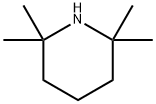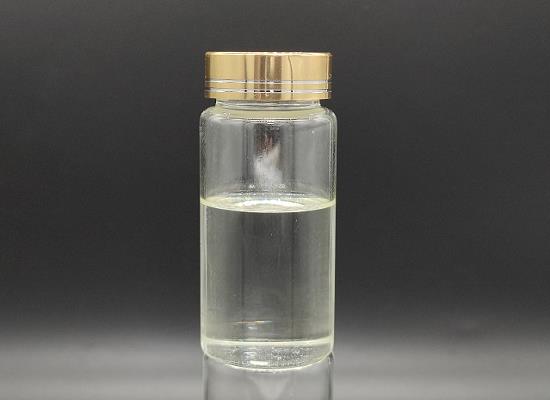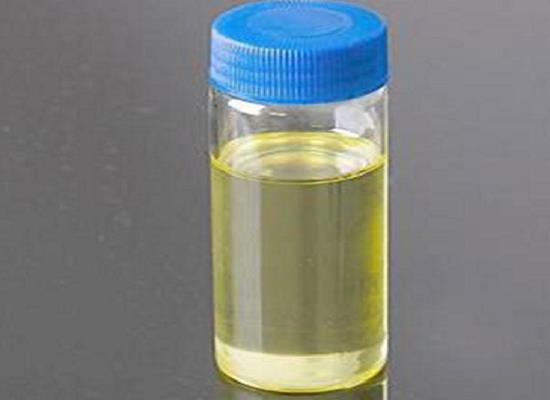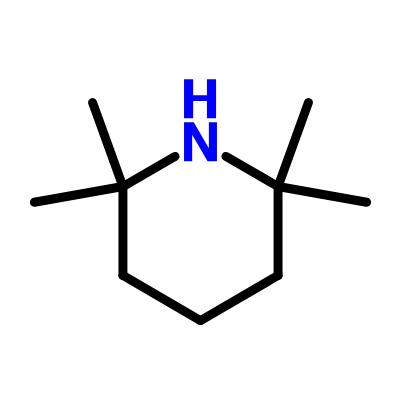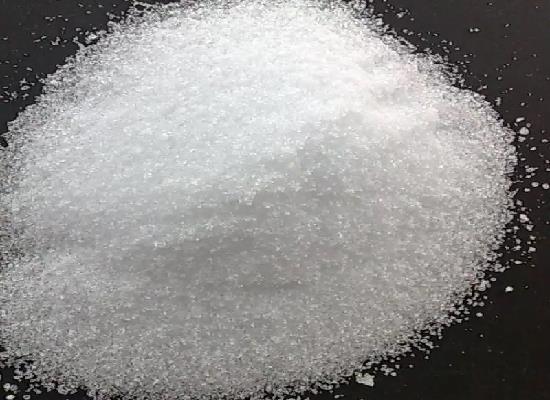The Versatility of 2,2,6,6-Tetramethylpiperidine in Modern Chemistry
Introduction
2,2,6,6-Tetramethylpiperidine (TMP) is a highly versatile and significant compound in the field of organic chemistry. This compound, characterized by its distinct piperidine ring and four methyl groups, has garnered considerable attention due to its unique properties and wide range of applications[1].
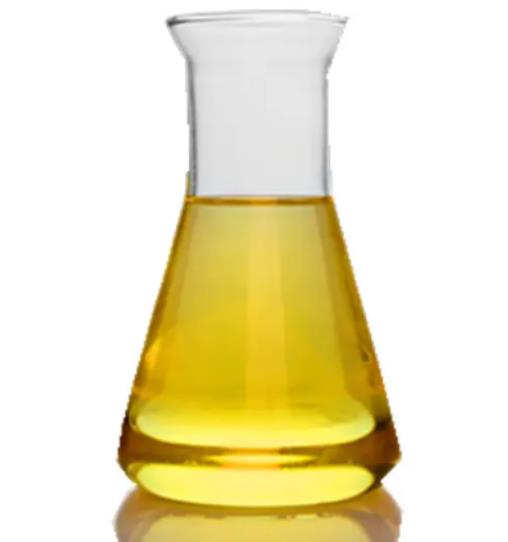
Figure 1 Characteristics of 2,2,6,6-Tetramethylpiperidine
Synthesis Method
The synthesis of 2,2,6,6-tetramethylpiperidine is a well-documented process that can be achieved through various methods. One of the most common approaches involves the alkylation of piperidine. The process typically begins with piperidine, which is then subjected to a series of reactions to introduce the four methyl groups at the 2 and 6 positions of the piperidine ring. This can be accomplished through the use of strong bases such as sodium hydride (NaH) or potassium tert-butoxide (KOtBu) in the presence of methylating agents like methyl iodide (CH3I) or dimethyl sulfate ((CH3O)2SO2).
An alternative method involves the use of Grignard reagents. In this approach, a Grignard reagent such as methylmagnesium bromide (CH3MgBr)is reacted with 2,6-dimethylpiperidine. This method is particularly useful for synthesizing 2,2,6,6-tetramethylpiperidine in high yields and purity.
Another noteworthy synthesis route is the catalytic hydrogenation of 2,2,6,6-tetramethylpiperidin-4-one. This method employs hydrogen gas (H2)in the presence of a suitable catalyst, such as palladium on carbon(Pd/C), to reduce the ketone to the desired piperidine. This catalytic process is efficient and provides an alternative pathway for TMP production.
Main Components
The primary component of 2,2,6,6-Tetramethylpiperidine is the piperidine ring structure, a six-membered ring containing one nitrogen atom. The four methyl groups attached to the 2 and 6 positions of the ring confer the "tetramethyl" descriptor. The presence of these methyl groups significantly influences the chemical properties and reactivity of 2,2,6,6-tetramethylpiperidine.
In terms of its chemical structure, 2,2,6,6-Tetramethylpiperidine is represented as C9H19N, with a molecular weight of approximately 141.25 g/mol. This simple yet distinctive structure is responsible for its unique characteristics and applications in various chemical processes.
Uses
2,2,6,6-Tetramethylpiperidine is renowned for its broad spectrum of applications in the chemical industry. One of its primary uses is as a sterically hindered base. Due to the bulky nature of its methyl groups, 2,2,6,6-Tetramethylpiperidine exhibits reduced nucleophilicity, making it an ideal base in reactions where strong, non-nucleophilic bases are required. This property is particularly useful in deprotonation reactions, where 2,2,6,6-Tetramethylpiperidine can selectively remove protons without participating in unwanted side reactions.
Another significant application of 2,2,6,6-tetramethylpiperidine is in the field of radical chemistry. 2,2,6,6-Tetramethylpiperidine is commonly used as a stabilizer for free radicals. The bulky structure of 2,2,6,6-Tetramethylpiperidine effectively shields the radical center, preventing unwanted side reactions and promoting the desired reaction pathways. This makes 2,2,6,6-tetramethylpiperidine an invaluable tool in various radical-mediated processes, including polymerizations and organic syntheses.
2,2,6,6-Tetramethylpiperidine also finds applications in the pharmaceutical industry, where it serves as a precursor or intermediate in the synthesis of various drugs. Its unique structure and reactivity make it a valuable building block for the development of new therapeutic agents. Additionally, 2,2,6,6-Tetramethylpiperidine is used in the production of agrochemicals, where it contributes to the synthesis of pesticides and herbicides.
Storage Methods
Proper storage of 2,2,6,6-tetramethylpiperidine is crucial to maintaining its stability and efficacy. 2,2,6,6-Tetramethylpiperidine should be stored in a cool, dry place, away from direct sunlight and sources of heat. It is essential to keep 2,2,6,6-Tetramethylpiperidine in tightly sealed containers to prevent exposure to moisture and air, which can lead to degradation or unwanted reactions.
Additionally, 2,2,6,6-Tetramethylpiperidine should be stored in a well-ventilated area, away from incompatible substances such as strong oxidizing agents and acids. These substances can react with 2,2,6,6-tetramethylpiperidine, potentially leading to hazardous situations. The storage area should also be equipped with appropriate safety measures, including fire extinguishers and spill containment systems, to ensure a safe working environment.
For long-term storage, it is advisable to keep 2,2,6,6-Tetramethylpiperidine under an inert atmosphere, such as nitrogen or argon, to minimize the risk of oxidation. This is particularly important for maintaining the purity and reactivity of 2,2,6,6-tetramethylpiperidine over extended periods[2].
References
[1]Semmelhack M F, Schmid C R, Cortés D A. Mechanism of the oxidation of alcohols by 2, 2, 6, 6-tetramethylpiperidine nitrosonium cation[J]. Tetrahedron Letters, 1986, 27(10): 1119-1122.
[2]Figiel P J, Sibaouih A, Ahmad J U, et al. Aerobic Oxidation of Benzylic Alcohols in Water by 2, 2, 6, 6‐Tetramethylpiperidine‐1‐Oxyl (TEMPO)/Copper (II) 2‐N‐Arylpyrrolecarbaldimino Complexes[J]. Advanced Synthesis & Catalysis, 2009, 351(16): 2625-2632.
You may like
Related articles And Qustion
Lastest Price from 2,2,6,6-Tetramethylpiperidine manufacturers

US $0.00/KG2025-04-16
- CAS:
- 768-66-1
- Min. Order:
- 25KG
- Purity:
- ≥99.0%
- Supply Ability:
- 5tons
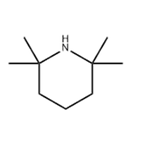
US $0.00-0.00/KG2025-04-04
- CAS:
- 768-66-1
- Min. Order:
- 1KG
- Purity:
- 98%
- Supply Ability:
- 1ton
